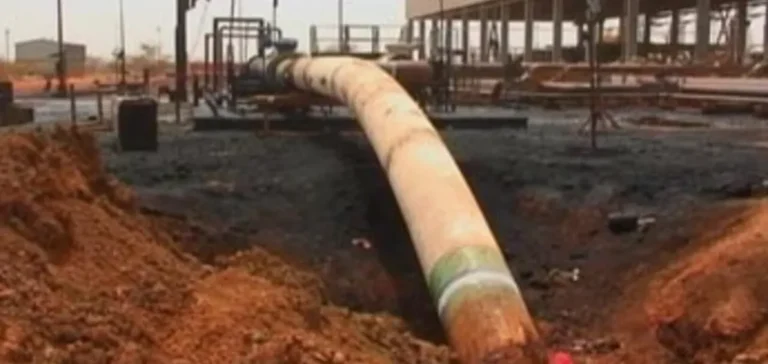Sudan and South Sudan have formalised an agreement aimed at securing cross-border oil infrastructure, including pipelines, pumping stations and key transit corridors used to transport South Sudanese crude to the Red Sea. The announcement, made in Port Sudan, comes amid an ongoing civil war in Sudan, marked by attacks on critical facilities in Upper Nile and Unity States.
A joint security mechanism to protect oil flows
The agreement includes the creation of a joint security mechanism between the two countries, tasked with intelligence sharing and coordinating cross-border patrols. The mechanism is designed to mitigate the risk of disruptions to the flow of oil, following several incidents affecting infrastructure since 2024. Additionally, a Joint Economic Committee will be established to strengthen bilateral cooperation in the energy and infrastructure sectors.
Oil revenues remain crucial to both economies
For South Sudan, oil accounts for nearly 90% of public revenues and 95% of total exports, according to the International Monetary Fund (IMF). Since the outbreak of the war in Sudan in February 2024, part of the pipeline that handles around 70% of South Sudan’s oil exports has been damaged, significantly reducing government revenue in Juba.
In Khartoum, post-secession oil cooperation remains a vital source of income. The 2012 agreement regulates the payments made by Juba: $1.60 for processing, $8.40 for transit via the state-owned Petroleum Company (Petco), $6.50 via Petrodar, $1 in sovereign fees, and $15 under transitional financial arrangements. According to data from the Small Arms Survey, part of these payments is made in kind, with up to 27,000 barrels delivered daily to Sudan.
Rapid Support Forces excluded from the deal
The agreement does not include the Rapid Support Forces (RSF), a key armed group in the Sudanese conflict, which controls several areas crossed by the pipelines. This omission raises questions about the Sudanese government’s actual ability to enforce the security measures across the relevant territory.
While both governments share a mutual interest in maintaining crude flows, prospects for stability remain heavily dependent on a volatile security environment. The success of this partnership will hinge on developments in the conflict and the ability of both sides to sustain operational dialogue in a prolonged state of armed tension.






















